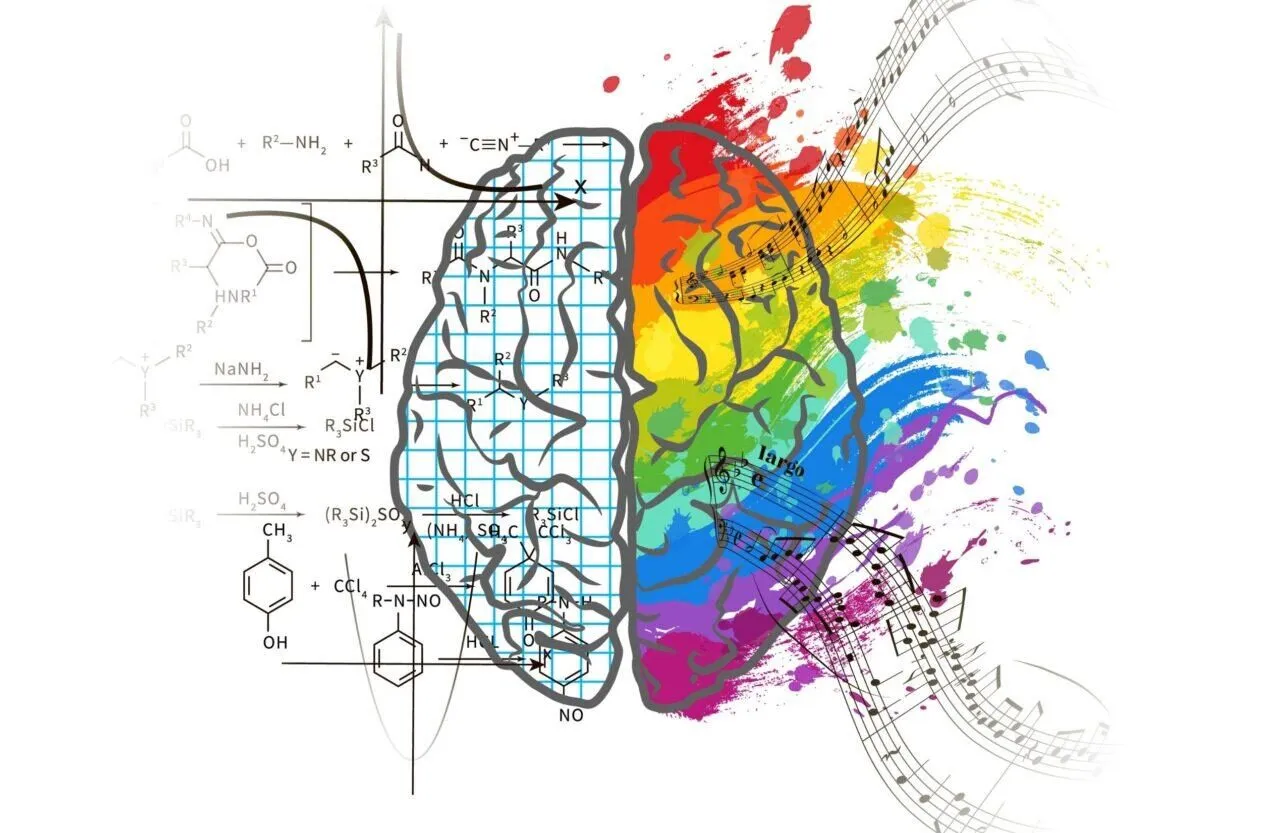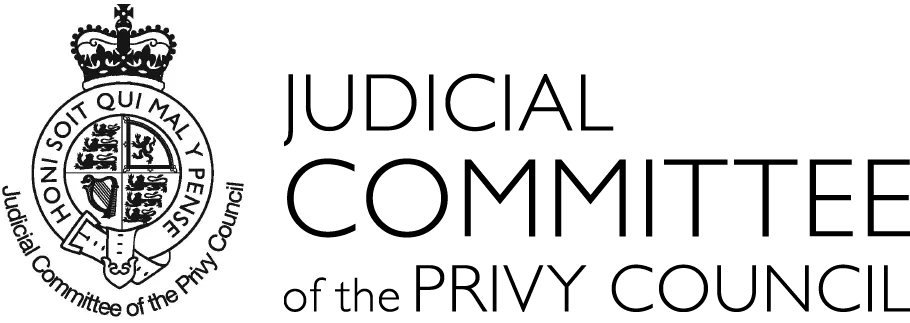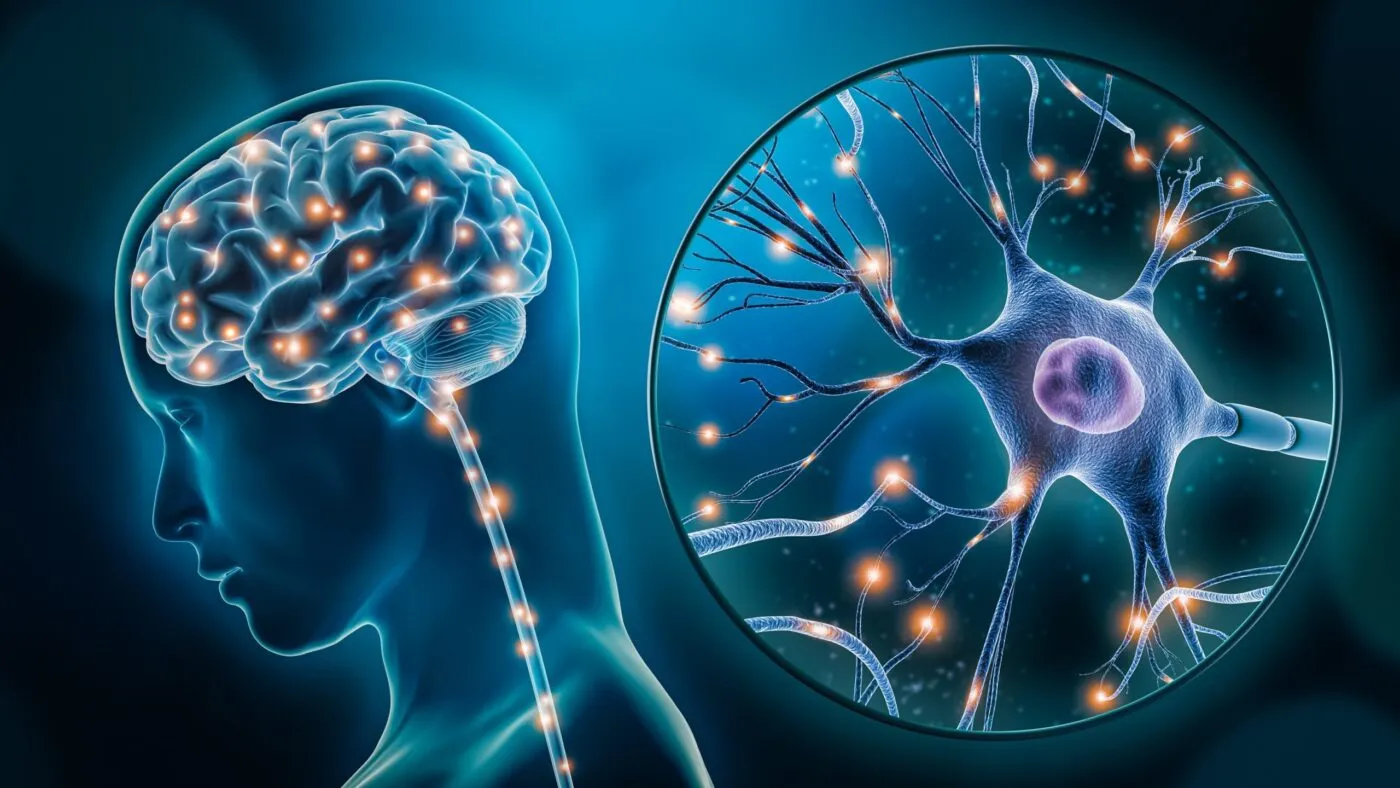Addiction is a complex issue that affects many aspects of life, and one of the most profoundly impacted areas is the brain. Whether it’s alcohol, drugs, or behaviors such as gambling or gaming, addiction can lead to significant changes in the brain’s structure and function. This article will explore how addiction affects the brain, from biological mechanisms to psychological consequences.
1. Biological Mechanisms of Addiction
Addiction begins with the brain’s production and processing of neurotransmitters, such as dopamine, serotonin, and norepinephrine. These chemicals play crucial roles in regulating emotions, pleasure, and feelings of well-being.
- Dopamine and the Reward System: When a person consumes an addictive substance, dopamine is released in the brain, creating feelings of pleasure and excitement. This is why users feel immediate satisfaction. However, with regular use of addictive substances, the brain starts to adapt to the higher levels of dopamine, requiring the individual to consume more to achieve the same effect.
- Structural Changes in the Brain: Continuous use of addictive substances can lead to changes in brain structure. Areas such as the prefrontal cortex, which is responsible for decision-making and behavioral control, may become damaged. This impairment reduces the ability to make decisions and regulate behavior, making it more challenging for individuals to resist the urge when faced with the addictive substance.

2. Psychological Effects
Addiction not only impacts brain structure but also results in various psychological issues.
- Emotional and Mood Disorders: Individuals with addiction often struggle to manage their emotions. The decrease in serotonin, a neurotransmitter associated with mood regulation, can lead to depression, anxiety, and feelings of emptiness. This shift can create a vicious cycle, causing the addicted person to turn to the addictive substance for relief from negative emotions.
- Cognitive Impairments: Addiction can also cause cognitive impairments, affecting memory, concentration, and critical thinking abilities. Addicted individuals may find it difficult to make rational decisions and frequently face negative consequences due to their choices.
3. Behavioral Consequences
The effects of addiction on the brain extend beyond biological and psychological dimensions, leading to various behavioral consequences.
- Loss of Control: Addicted individuals often lose control over their behavior. They may neglect personal responsibilities, work, and social relationships in pursuit of the addictive substance. This behavior can lead to isolation from friends and family, damaging close relationships.
- Increased Risky Behaviors: Addiction can lead to engagement in risky behaviors, such as driving under the influence or using addictive substances in dangerous situations. These actions not only endanger the individual but also pose risks to those around them.
4. Nervous System and Recovery
Recovery from addiction is a challenging process, but it can occur as the brain begins to heal.
- Self-Recovery Ability: The brain has the capacity for self-repair and regeneration. Research shows that after ceasing substance use, certain areas of the brain can recover, and dopamine production may return to normal levels.
- Psychological Interventions: Psychological interventions, such as cognitive-behavioral therapy (CBT) or participation in support groups, can help addicted individuals develop healthier coping strategies, thereby improving brain function.
5. Suggestions and Solutions
To address the impact of addiction on the brain, seeking help is crucial.
- Education and Awareness: Increasing awareness about the dangers of addiction and providing information to the community can help prevent the issue. This includes offering educational programs for youth and families.
- Early Intervention: Early detection and intervention can minimize harm to the brain. If signs of addiction are present, seeking help from medical or psychological professionals is essential.
Conclusion
Addiction has profound effects on the brain, causing structural and functional changes. These effects extend beyond the individual to families and society at large. However, with timely intervention and community support, those struggling with addiction can recover and regain their lives. Understanding how addiction impacts the brain will help us have a clearer perspective on this issue and seek effective solutions.

